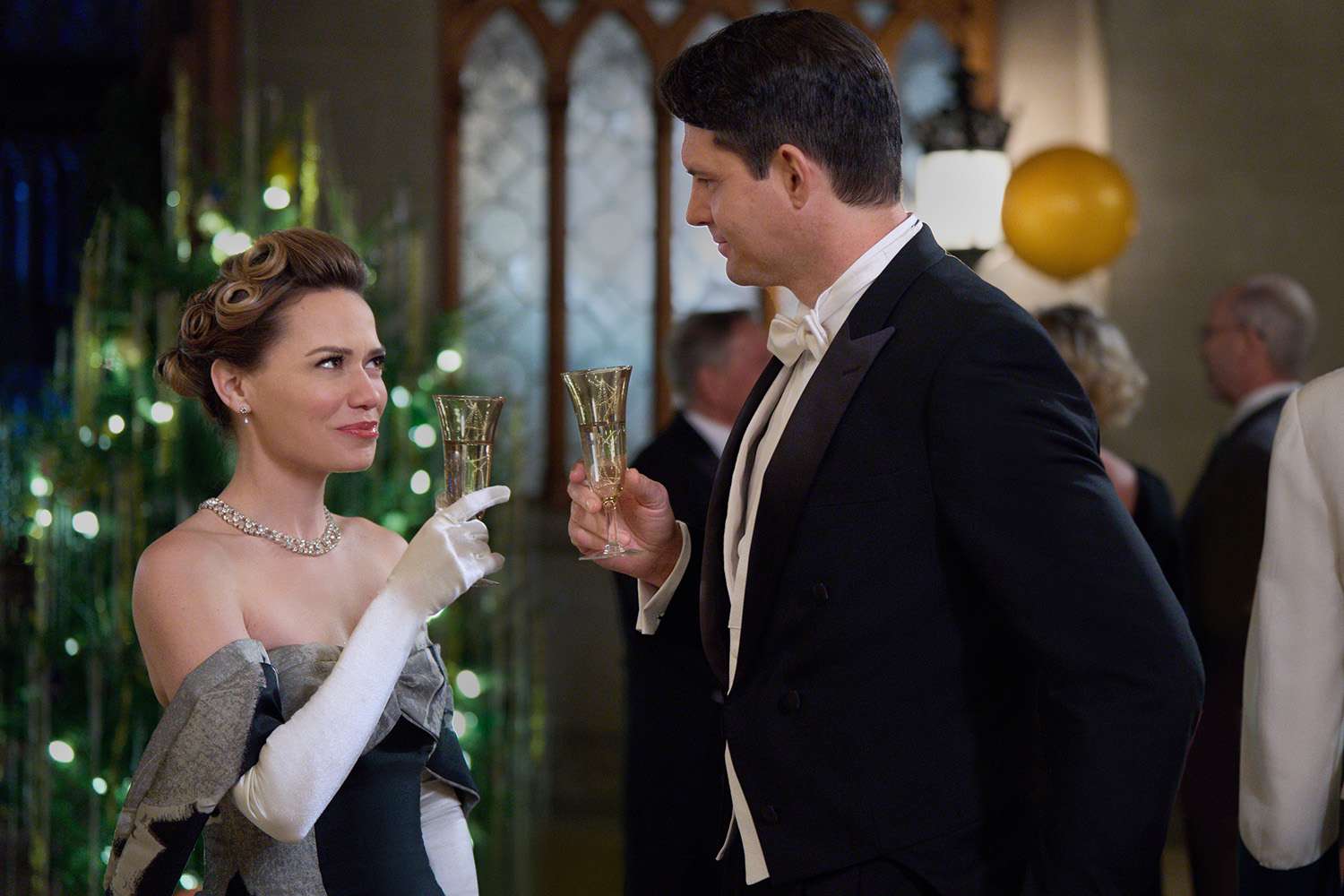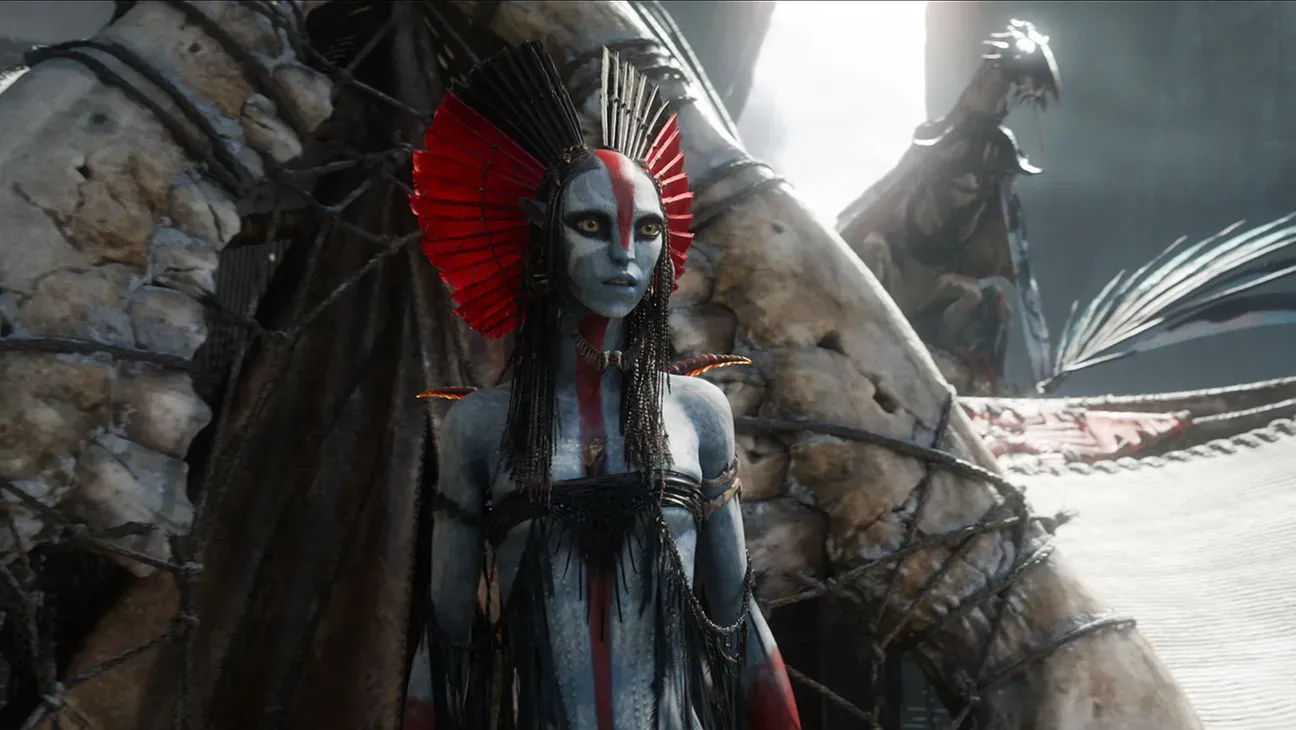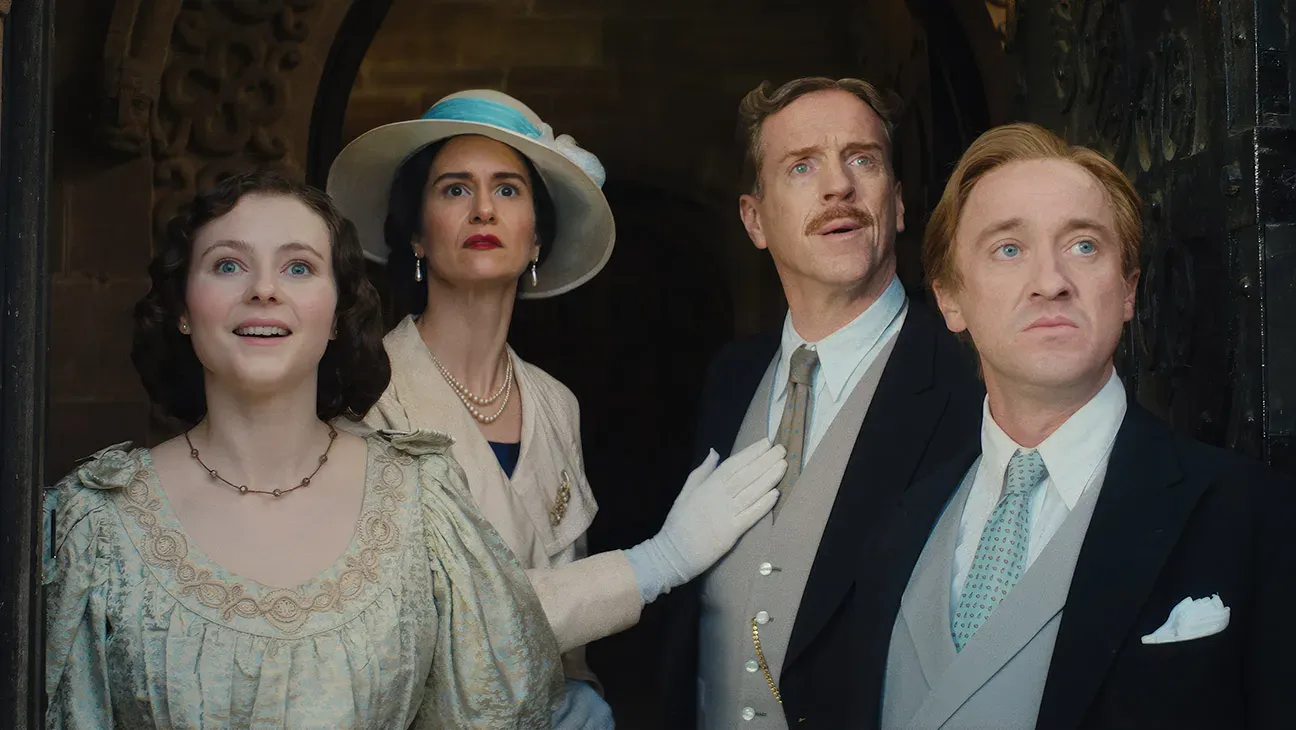
Fathom First: Golda (2023) - Movie Review
- Aug 29, 2023
In the opening moments of Gus Nattiv's film "Golda," viewers get a close-up of Israeli Prime Minister Golda Meir, played by the venerable Helen Mirren, igniting a cigarette. This seemingly simple act serves as a lens into Meir's calculating disposition and formidable character. The cigarette, in essence, becomes more than just a prop. It functions as a declaration of Meir’s complexity and unyielding spirit, particularly as she navigates the male-dominated political landscape. Meir, often dubbed the "Iron Lady of Israel," is en route to a panel discussion. There she will have to justify her decisions during the Yom Kippur War of 1973.
See Also: The Last Voyage of the Demeter (2023) - Movie Review
As the narrative progresses, Mirren is in a series of thought-provoking scenes. She is often in rooms with a cold, grayish-blue light or set atop beige buildings that seem washed out and devoid of life. The deliberate choice of a bleak color scheme amplifies the grim realities of the wartime situation that Meir had to steer through. Mirren, an actress known for breathing life into even the most mundane scripts, faces a unique challenge with "Golda." Her usual range of facial expressions due to the prosthetic makeup that renders her features virtually immobile.
This issue of limited facial mobility is exacerbated by the somewhat baffling choice to cast Mirren. Mirren is a non-Jewish actor with a physique quite different from that of Meir. This becomes even more conspicuous when considering the otherwise remarkable talent of the supporting cast. It includes Lior Ashkenazi, a proven powerhouse in films like "Foxtrot" and "Big Bad Wolves." Sadly, these actors appear to be underused, their abilities diluted rather than harnessed.
Another concern lies in the film's sluggish pacing. Despite its thriller label, "Golda" lacks the kind of momentum viewers might expect. Although technically sound-marked by excellent lighting, precise camera movements, and seamless editing-the film fails to create an atmosphere of tension or urgency. This is particularly puzzling given the film's subject matter: a war that unfolded and concluded in a mere 18 days. Despite meticulous craftsmanship, the movie feels more like an educational slideshow than an enthralling piece of cinema.
The shortcomings of "Golda" do not stem from inadequate technical skills, but rather from an apparent lapse in visionary direction. Nattiv, alongside screenwriter Nicholas Martin, has produced a biopic that rings hollow. The film seems to be adrift, lacking a strong sense of identity or purpose. Consequently, it does little to contribute to or illuminate the legacy of Golda Meir, Israel's only female prime minister and an undoubtedly complex and historically significant figure. In the final analysis, "Golda" ends up as an unfortunate addition to the list of missed opportunities in biographical storytelling, one that neither captivates its audience nor does justice to the character it aims to portray.







